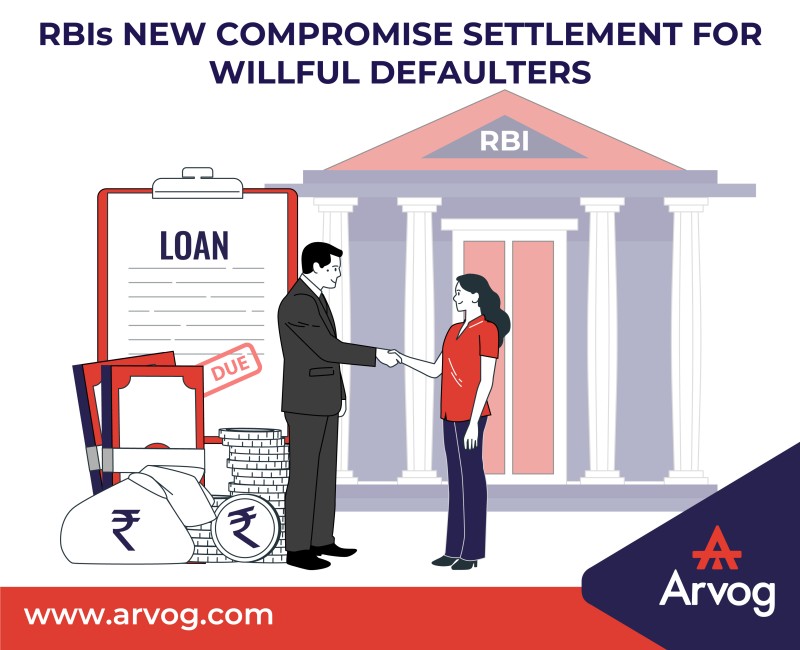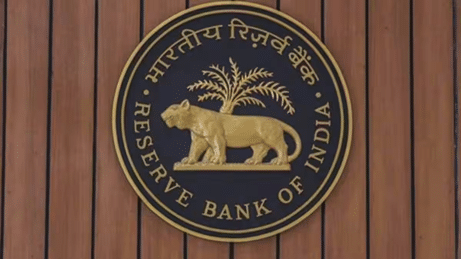
On June 2023, t he Reserve Bank of India (RBI) declared that a compromise settlement involving willful defaulters is not a recent development and has existed for more than 15 years. Several groups, notably bank unions, have voiced opposition to the declaration. Common symptoms of the financial crisis include insolvency and a lack of liquidity.
The issue in India is most visible in the form of high rates of nonperforming loans, which affects the adequate funding of banks. Therefore, the amount of nonperforming loans is considered a useful metric for gauging the health of the economy’s financial infrastructure.
The framework also included information on the cooling-off period for debtors subject to compromise agreements and the handling of accounts classified as fraud and willful defaulters. It also required Regulated organizations to adopt board-approved rules for such settlements with debtors.

What Are Willful Defaulters?
The RBI defines an individual or business in any of the following four situations as a “wilful defaulter“:
- When a debtor fails to make their scheduled payments while having the financial resources to do so,there is a conscious decision to avoid paying back the debt.
- If the borrower is determined to have used the borrowed money for anything other than what the loan was intended for, then the borrower is in breach of contract.
- When there is evidence that the borrowed money wasn’t spent on its intended purpose and the borrower is accused of having taken the money for personal use, there are also no assets that would make the expenditure of such money worthwhile.
- When a purchaser or a lender discovers that their acquired money has been dispersed across secondary markets without their knowledge.
Purpose of the Compromised Settlement Plan :-
Compromise settlements are a kind of out-of-court dispute resolution in which the borrower’s claims are resolved in exchange for a monetary payment and the release of any related claims against the Regulated Entities.
The objectives of the current circular are as follows:-
- It simplifies the different directions given to banks over the years and provides a coherent framework for regulating compromise and settlement agreement
- It improves openness and tightens up several associated requirements.
- As part of the standard resolution process, it allows other regulated businesses, especially cooperative banks, to engage in compromise settlements due to the regulatory clarity provided by this provision.
- It defines technical write-offs explicitly and lays out a wide methodology for regulated organisations to follow when engaging in this common banking activity.
Characteristics of the Compromise Agreement:-
Banks and financial businesses are allowed to compromise on or technically write off accounts that have been labeled as willful default or fraud, regardless of any pending criminal procedures against the debtors. The RBI corporation’s circular allows for such settlements without affecting any criminal procedures.
Before extending new credit to debtors who have reached compromise agreements, banks must wait for a cooling-off period of at least 12 months. In addition to agricultural credit, the cooling time applies to all exposures, and regulated businesses may establish lengthier cooling periods as per the regulations established by their boards of directors.
Advantages and Consequences :-
Banks may save money via the avoidance of litigation fees and other costs when a debtor agrees to a compromise and settlement agreement. The ultimate goal is to get back all of your money owed as quickly as feasible. Companies that are struggling financially due to Non-Performing Assets (NPA) as a consequence of unanticipated market risks may be eligible for lifesaving humanitarian aid via Compromise Settlements.
On the other side, some worry that if compromise settlements are permitted, it may embolden major fraudsters and defaulters. Permitting compromise and settlement agreements will artificially provide reduced NPA despite shaky financial policies.
The RBI has produced a helpful booklet that explains several components of the framework and responds to frequently asked questions. It makes it clear that the regulatory position of allowing compromise settlements with willful defaulters has been in place for some time and that the penalties for fraudsters and willful defaulters have not altered.
The overarching goal of the framework is to normalize compromise settlements and relevant write-offs as part of routine banking sector resolution processes by rationalizing regulatory advice, increasing transparency, and providing clarity.
Who We Are:-
Arvog is a new-age, AI/ML-powered, customer-centric finance company that makes digital lending quick, efficient, and easy. We focus on digital personal loans and digital gold loans.




